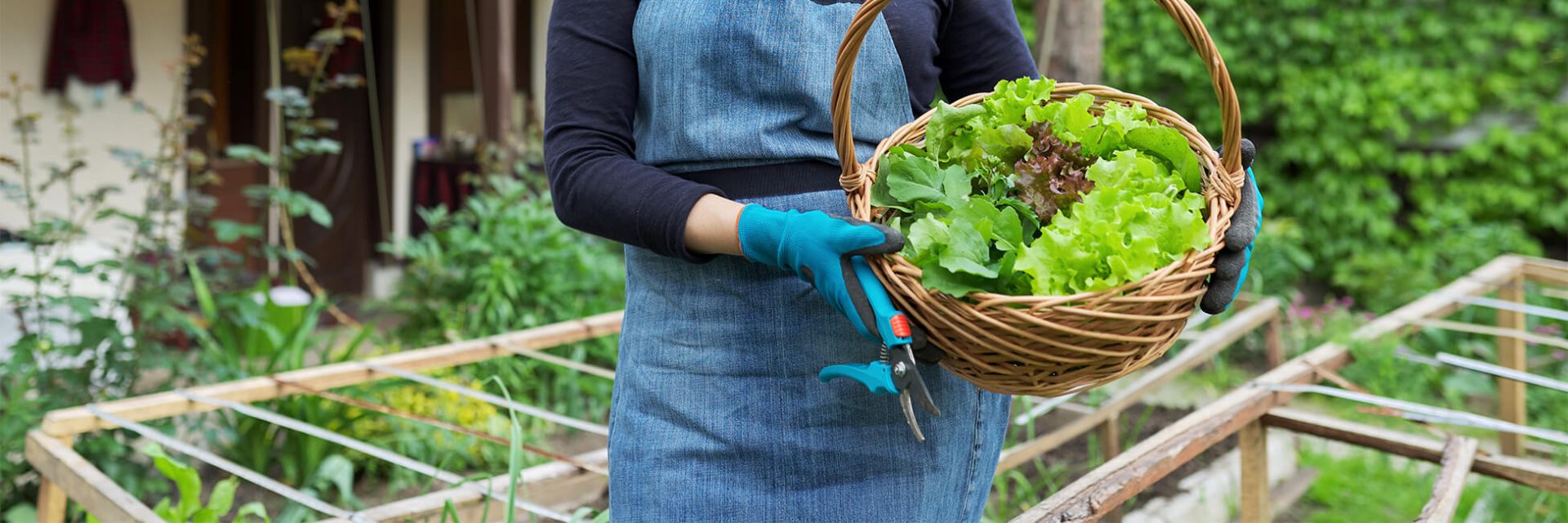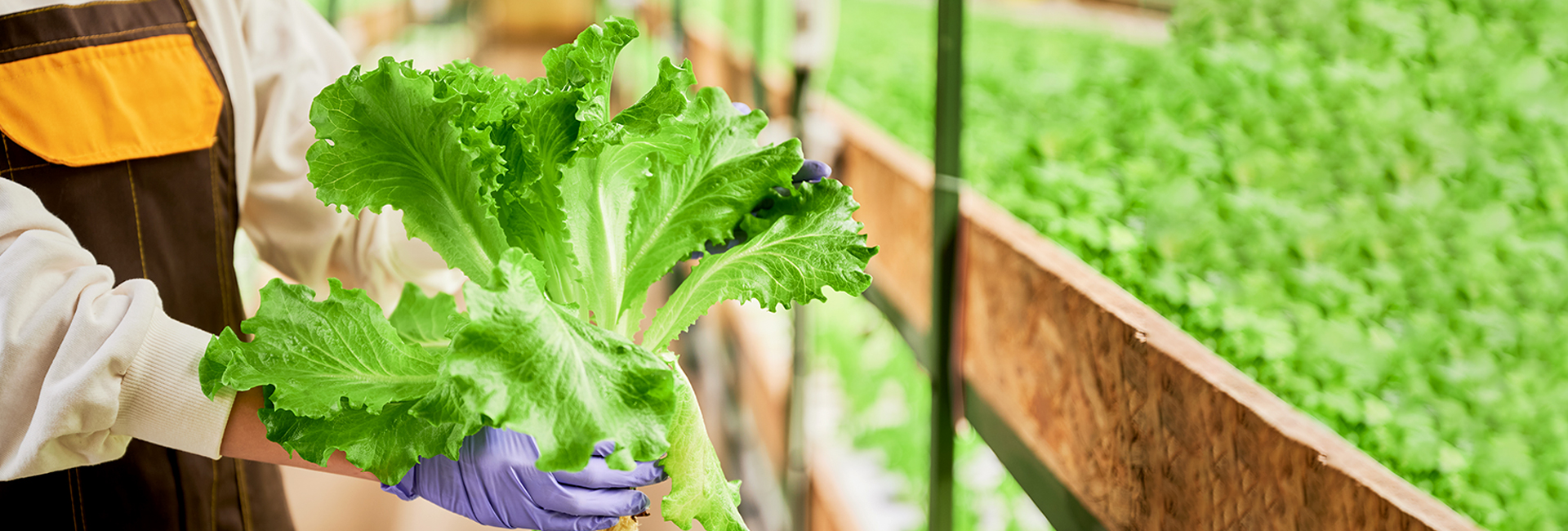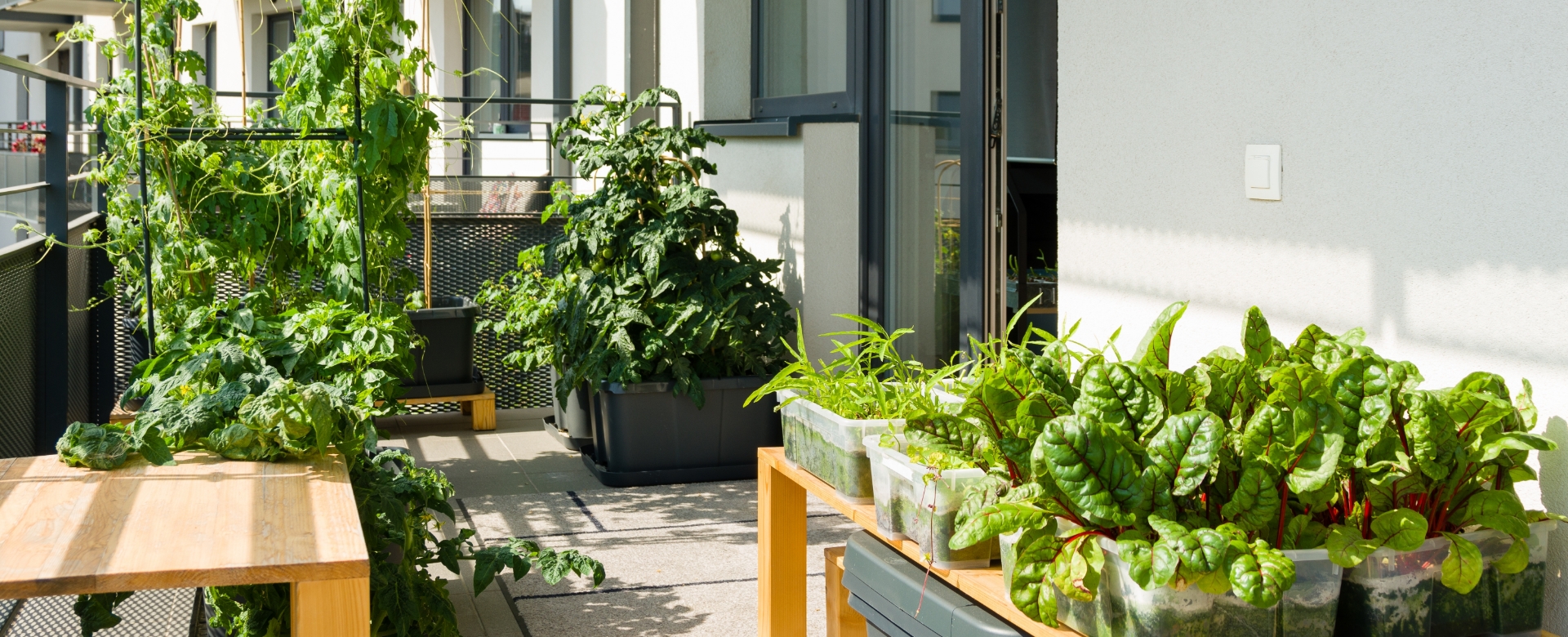Add useful homegrown herbs to your diet to positively impact your overall health and reap maximum benefits from them. Herbs are nutrient-dense, low in calories, and provide vital nutrients for your body. These little plants contain antioxidants, minerals, dietary fiber, vitamins, essential oils, anti-inflammatory properties, and anti-bacterial properties.
You can grow herbs indoors that protect you against the harmful effects of diseases. Such a healing garden is grown at your home, be it your patio space, balcony, or kitchen window. So gear up, invite Mother Nature into your garden, and open a natural pharmacy at your home. Grow your herbs to ensure the potency and quality of herbal remedies. Medicinal herbs are pivotal in relieving common ailments like stress, anxiety, headaches, sunburn, coughs, indigestion, colds, and a lot more. There are different ways of adding herbs to your diet, like salad dressing, stews, dip, and vegetable dishes.
1. Parsley
Consider growing this herb at home, as it requires only partial sunlight and can be quickly grown indoors; even next to your windowsill is fine. It needs water at least once a week and should be planted in early spring. It is a biennial plant that grows every season after its first planting. It is used in vegetable dishes and serves as a base for salad dressings. It is used to make large amounts of casseroles or stews. It helps with digestion by detoxifying your body by flushing out fluids from your body and helps in dealing with the problem of blood pressure and hypertension.
2. Cilantro
This herb grows best in the late spring, between March and May. It requires full sun exposure and frequent watering (about 1 inch of water every week). This herb has an anise-like taste and an earthy, pungent aroma. Even a small amount will enhance the flavor and taste of dishes. Cilantro has numerous health benefits, including lowering bad cholesterol, aiding digestion, and relieving intestinal pain, gas, and distention.
3. Basil
This helpful herb is easy to grow and grows inside or outside. It only needs to be watered every other day. Only a few of its leaves go a long way, and it can grow inside and out. It has a sweet and earthy aroma when it is fresh, and it combines well with other herbs. Basil benefits individuals with lung or stomach-related issues. It proves helpful in treating specific health issues like headaches, anxiety, depression, or menstrual pain. It comprises phytochemicals that might lower cortisol, which gets released when you are stressed.
4. Thyme
You can grow thyme indoors, but it requires full sunlight. After three years, you need to replace the plant as it then turns woody. It’s balmy and aromatic and proves helpful in treating acne and a cough, as it comprises anti-bacterial properties. Thyme extract helps lower blood pressure and reduce cholesterol levels. It helps in relieving specific health problems like lung digestion, candida, and indigestion.
5. Chives
This herb requires full sun and frequent watering until it is well-rooted. This plant can be harvested as soon as it is fully grown and usable. This helpful herb is part of the allium family, which includes onions, leeks, garlic, and scallions. It boosts the immune system, and studies have concluded that this herb helps prevent cancer, including stomach and colorectal cancers. Besides, it also protects against prostate, breast, and esophageal cancers.
6. Rosemary
To grow this aromatic herb, you need to get a rosemary cutting from another rosemary plant and place it in the soil. It requires infrequent watering and can grow in certain conditions, like snow. This herb contains a compound called carnosic acid, which successfully fights cancer cells. Just smelling this herb helps enhance memory and concentration. This herb proves beneficial for students and aging adults. It relieves stress and is good for your health.
7. Dandelion
If you plan to grow this herb, consider that it requires total sun exposure. Place compost around the area you want to grow and place the opaque fabric on top of the dandelions just a few weeks before you harvest them, and it will result in fewer bitter herbs. These leaves provide numerous health benefits for your kidneys, stomach, liver, and pancreas. The best advantage is that it aids digestion, stimulates liver function, and reduces inflammation.
Over to You
There are plenty of herbs you can grow at home, and you can enjoy their medicinal benefits. Several botanical gardens have different specialized sections kept aside for homegrown medicinal herbs. Before you decide on your choice of herbs, you should check beforehand to see which herb grows successfully in your area.




